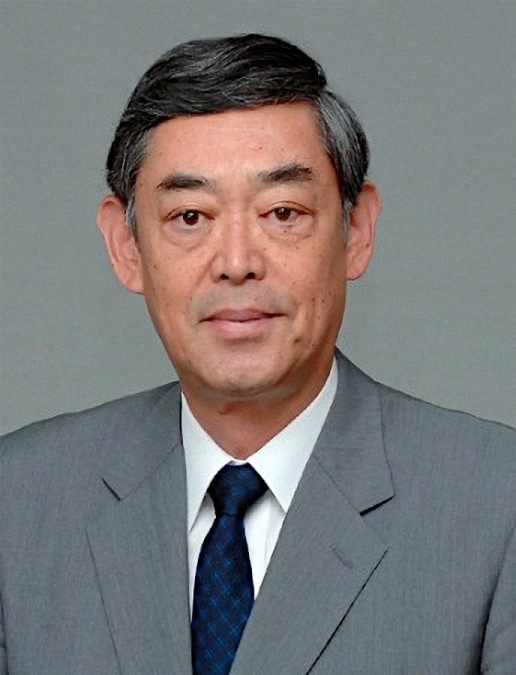 |
|
Yutaka Yokoi,Japanese ambassador to China. |
The previous Japanese ambassador to China, Masato Kitera, assumed office in December 2012 amid what he called "a dry and cold wind like that of the Beijing winter blowing between the two countries".
Yutaka Yokoi took over the ambassadorship on Sunday when, in Kitera's words, "the warm sunshine of spring" is beginning to take hold.
Indeed.
The foreign minister of Japan just paid an official visit to Beijing, the first after a four-year-and-a-half hiatus.
Negotiations on higher-level contacts are reportedly underway.
There appears to be an unannounced consensus that China-Japan relations have sailed past their most difficult time in decades and are on the mend, albeit slowly.
It is thus understandable that well-wishers in both countries will place more expectations on the shoulders of the new diplomatic envoy. Especially since Yutaka has the reputation of being a seasoned "China hand".
Counting his time in Beijing learning Chinese, Yutaka has lived for more than 15 years in China, and, in his own words, "witnessed the entire process of China's reform and opening-up". He has thereby developed broad personal connections with Chinese officials, including Foreign Minister Wang Yi reportedly.
Yutaka's appointment is certainly a welcome choice. His experience in and with China should prove conducive to better managing the fragile and volatile relations.
But it is too early to speak of "warmth" in the China-Japan relationship. Distrust runs deep since Tokyo's "nationalization" of the Diaoyu Islands. And it's ongoing attempts to meddle in the South China Sea are making things worse.
While the prospects of a serious meeting between the leaders of the two countries remain slim, there is little an ambassador can do to make a substantial difference.
Yet that in no way diminishes the value of Yutaka's presence. On the contrary, his special profile and expertise is a precious asset for handling the tricky relations at such a sensitive juncture.
The Japanese foreign minister's latest visit was the outcome of a shared feeling that the damaged ties should no longer be left unattended and allowed to further deteriorate. But it will take strenuous confidence-building efforts to get genuine improvement.
Yutaka has a particular advantage when it comes to what is badly needed for the ties. Besides communicating vital messages more accurately and efficiently to and from Beijing, he is now in a better position to promote what he identified as critical in salvaging the strained ties-facilitating people-to-people exchanges.

I’ve lived in China for quite a considerable time including my graduate school years, travelled and worked in a few cities and still choose my destination taking into consideration the density of smog or PM2.5 particulate matter in the region.